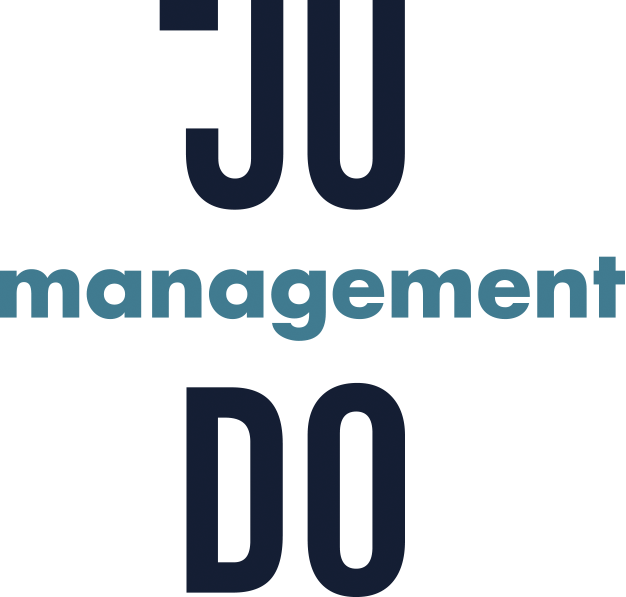Discover how Judo can improve your company.
Judo Management applies judo principles to business leadership, focusing on efficiency, adaptability, and continuous improvement.
It helps teams transform challenges into opportunities by fostering cohesion and resilience. This practical approach enables leaders to drive innovation and sustainable growth within their organizations.
Who is Judo Management aimed at?
The Judo Management method is aimed at leaders, executives, managers, and professionals seeking to develop effective and resilient leadership skills.
It is also ideal for teams looking to enhance their adaptability, collaboration, and decision-making abilities.
Companies and Executive Teams
Freelances
Universities and Municipalities
Organizations and Associations
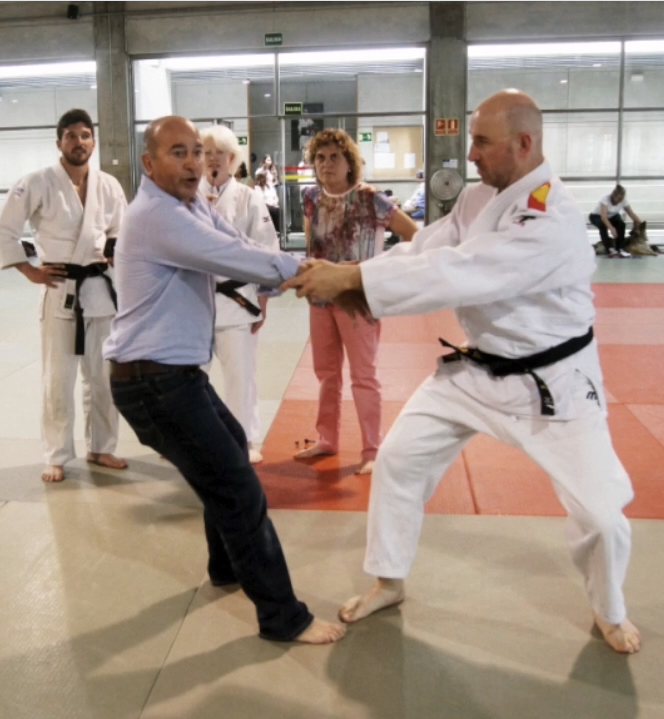

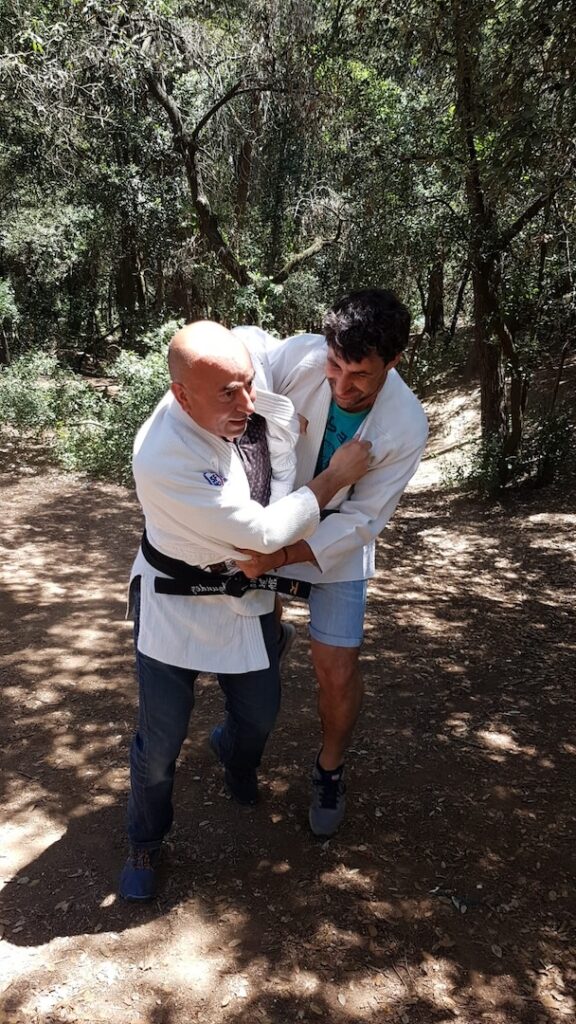
What is Judo Management for?
Judo Management is designed to train new companies and organizations by leveraging the principles and philosophy of Judo to create an engaging and effective practice for developing the skills, attitudes, and values necessary to thrive in modern organizations.
All based on Experiential Learning to enhance skills such as:
- Leadership Development
- Competitive Strategy and Innovation
- Sales Team Dynamics
- Judo and Negotiation
- Managing the Unpredictable
- Competing and Cooperating
- Change Management
What are the sessions like?
In Judo Management, each session combines practical action, reflective discussion, and a personalized action plan. This approach ensures that participants not only learn but also apply and retain the teachings, achieving a lasting impact on their personal and professional development.
1. ACTION
In our sessions, you’ll immerse yourself in dynamics based on judo, specifically designed for non-judokas. These practical activities will allow you to firsthand experience the principles of judo, helping you effectively apply its teachings in your life and professional environment.
2. DEBATE
After the dynamics, we foster a debate space where participants can share experiences, reflect on lessons learned, and explore how these principles can be applied in various contexts. This exchange of ideas enriches understanding and strengthens collective learning.
3. PLAN
Each session culminates in the creation of an individual action plan. Guided by previous learnings and discussions, participants develop concrete and personalized strategies to apply in their daily lives, ensuring that the teachings of judo translate into tangible and lasting changes.
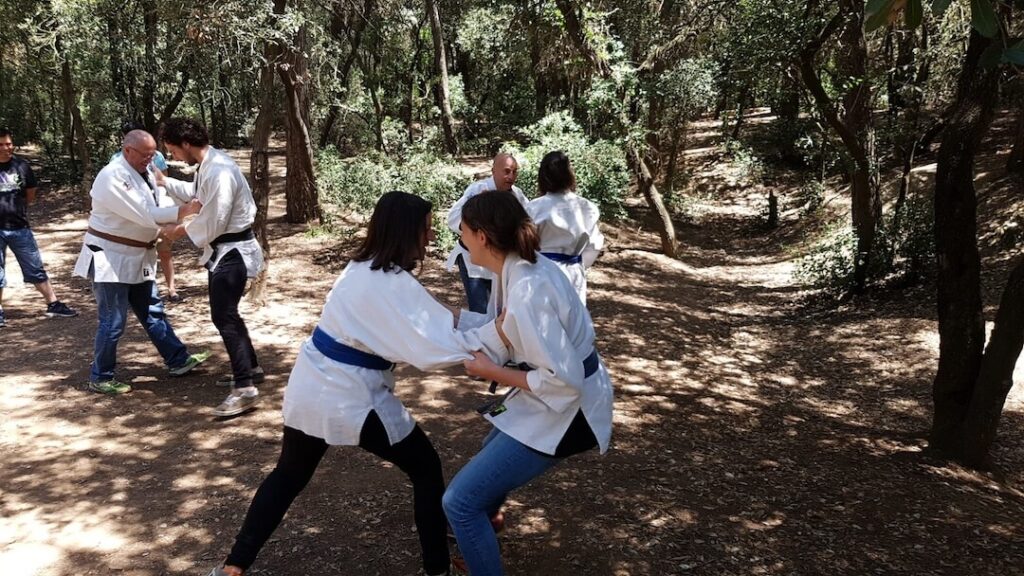
Who’s Behind the Book
Judo Management?
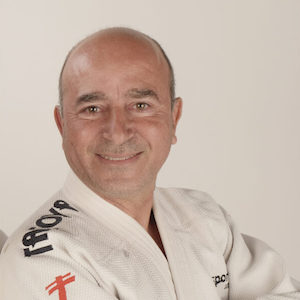
Ferran Agúndez
With over 20 years of experience leading teams and projects, I combine my business background with Judo principles.
Through Judo Management, I help professionals enhance their leadership and management skills by applying the values of efficiency, cooperation, and adaptability.
Companies and universities that have already trusted Judo Management.


Frequently Asked Questions
Judo means “the way of flexibility,” and it was originally conceived by its founder, Jigoro Kano, as an innovative response to the profound cultural changes in Japanese society at the end of the 19th century. Similarly, companies and their employees must constantly adapt to fluctuations and changes in their environment. Therefore, applying judo to the business context through sessions designed for non-judokas helps address these challenges with a more positive outlook.
Whatever the focus of the sessions—change management, negotiation, conflict resolution, innovation—there is a common effect: improved team cohesion. The act of sharing a space and values during confrontations, the physical contact, and the individual improvement shared with the collective all contribute to this.
Absolutely. Sessions have been conducted across various sectors and levels of responsibility, including interdepartmental teams and corporate groups, with similar results. It creates a dynamic that allows the group to interact quickly and naturally.
Organizations must recognize that competitiveness, improvement, and ultimately success depend on the training, motivation, and engagement of people in the project. They should place individuals at the center of their activities.
It’s important to draw inspiration from other sectors, businesses, and activities. Innovation and progress require spaces that encourage reflection and maximize diversity of thought. Sports serve as a good catalyst for attitudes and emotions, and are increasingly being used as a tool for improving organizations.
News & Updates
Explore the latest news and stay informed about how Judo Management can help you achieve your goals!
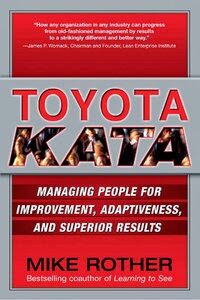
Training within industry -TWI and the judo kata
The traditional schools of jiujitsu mainly practised kata, but Jigoro Kano (1860 ), the founder of judo, insisted that the study of judo must consist of both Randori (free practice) and

Leadership = vision + inspiration + driving force.
There is a great difference between managers and leaders. The characteristics of both leaders and managers are: Leaders are controlling the environment and managers participating in the environment The leader

Judo management reaches 1,500 followers on linkedin
Judo management reaches 1,500 followers on linkedin
Start Your Judo Journey
Are you ready to enhance your management and leadership with Judo Management?
Contact us for more information or to schedule a session.
